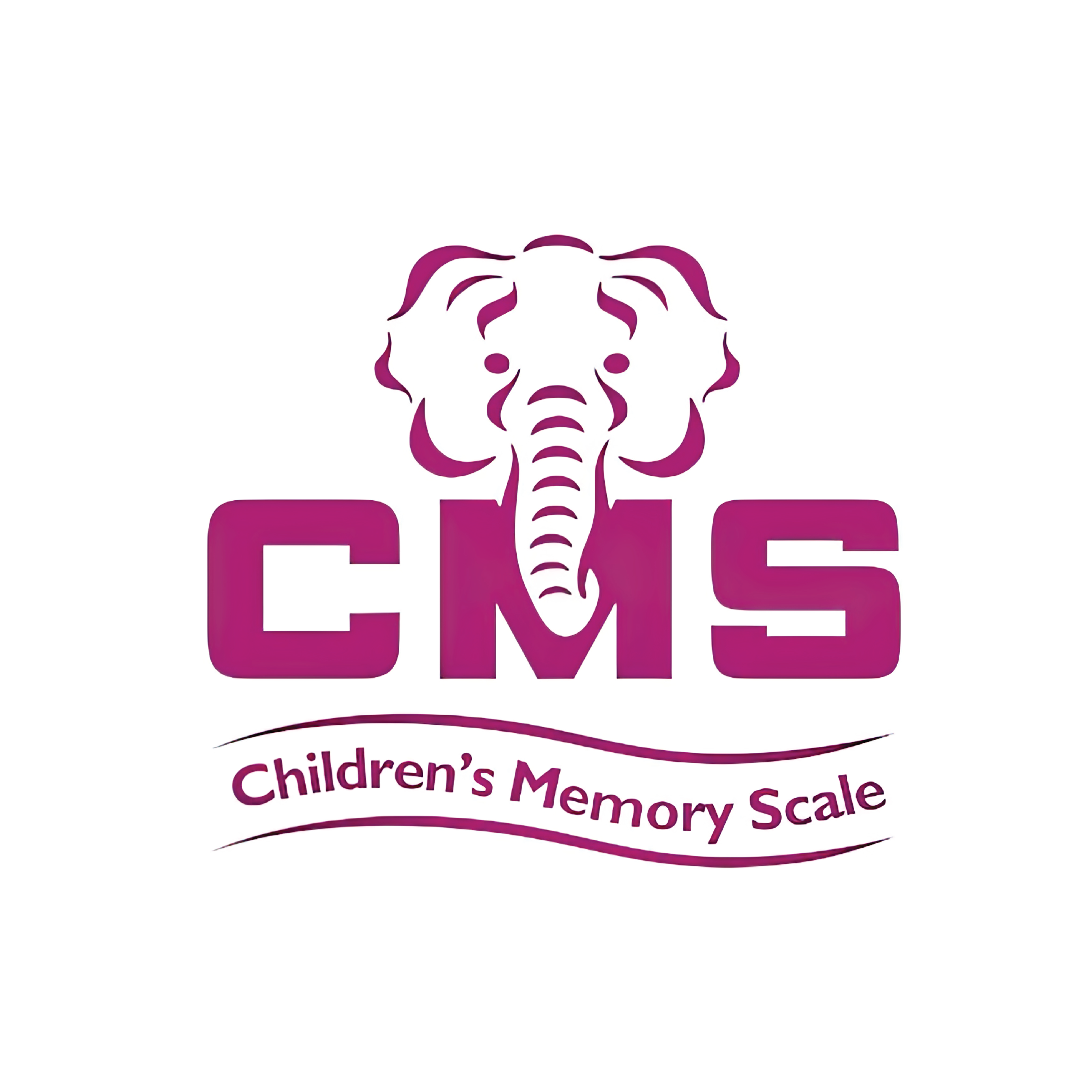
CMS
Children's Memory Scale
Filters
The Children’s Memory Scale (CMS) is a comprehensive learning and memory test which enables you to compare memory and learning to ability, attention, and achievement. It is used to evaluate children between the ages of five and 16 years who have deficient processing skills and trouble with memory and learning.
The CMS plays a vital role in assessing learning disabilities and attention deficit disorders and can help with planning remediation and intervention strategies for school and clinical settings. It serves as a process skills screening instrument for children with learning disabilities, diagnosed with TBI, ADHD, epilepsy, cancer, brain tumors, or strokes.
As a screener or diagnostic instrument, CMS measures learning in a variety of memory dimensions:
- Attention and working memory
- Verbal and visual memory
- Short- and long-delay memory
- Recall and recognition
- Learning characteristics
Age
- children between the ages of 5 and 16 years…
Administration Time
- Six core subtests (20 mins); long-delayed memory test (10-15 mins); 30-minute break during which you can administer other verbal or nonverbal measures
Qualification Level
- C
- Verbal Delayed Recall
- Learning
- Free Recall
- Associate Recall
- Attention and Concentration
The normative sample for the CMS included a national sample of 1,000 normally functioning children. Subtest Scaled Scores and Index Scores represent critical domains of learning, attention and memory.